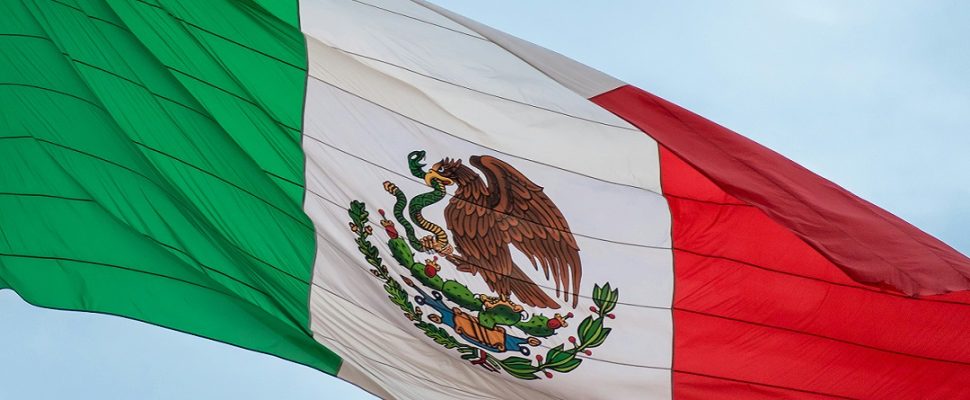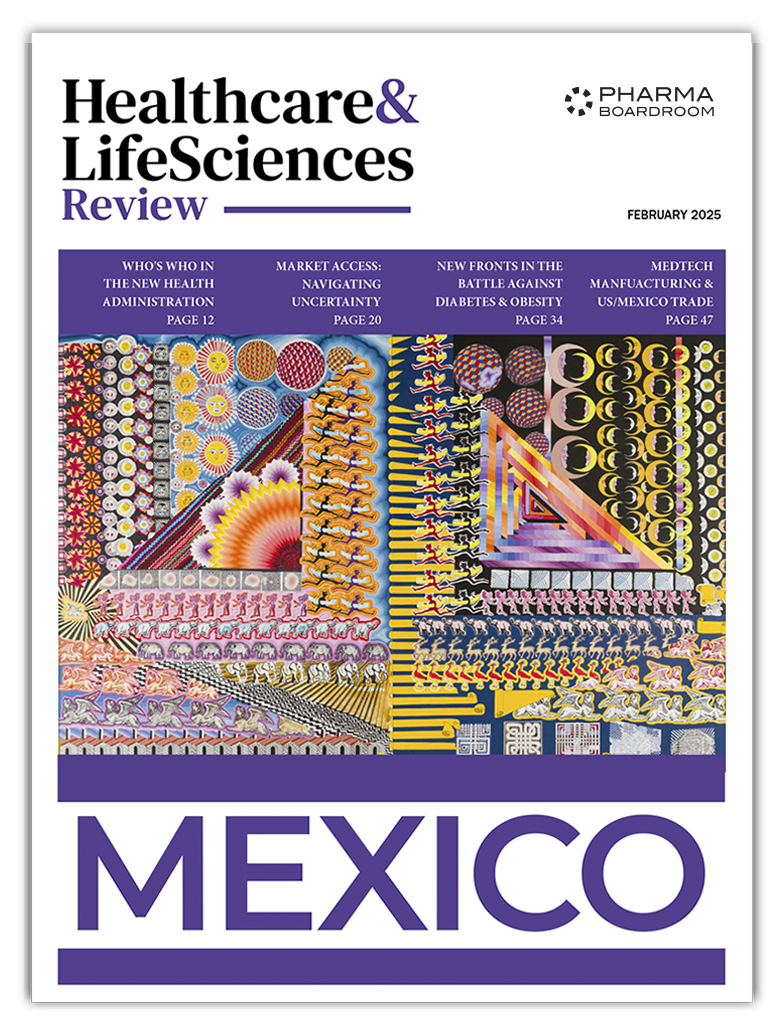In her latest strategy to tackle Mexico’s persistent medicine shortages – a struggle inherited from predecessor López Obrador – President Claudia Sheinbaum has issued a decree that seeks to attract foreign biopharma investment. By promising international companies a better chance at winning government tenders, Sheinbaum hopes to increase domestic manufacturing, lower prices, and improve supply while rooting out the corruption that has long riddled its procurement processes.
Incentives for Mexican Production
The Mexican president continues to pursue the challenging fight against Mexico’s chronic medicine shortages that was passed on to her from the previous government under fellow Morena party member Andrés Manuel López Obrador.
In her latest strategy, Claudia Sheinbaum announced a new decree aimed at encouraging international pharmaceutical companies to invest in manufacturing in Mexico. Revealed at a press conference in May and published earlier this month, the initiative, according to Sheinbaum, will help to reduce the country’s insufficient supply of medicines as well as the high cost of importing them. The president said that by assisting “companies from India, the United States, different parts of Europe, Latin America and Brazil to come and invest in Mexico so that they can produce medicines here,” the decree would pave the way for foreign investment as well as lower drug prices for Mexicans.
With its proximity to North American markets, Mexico has already made a name for itself as a manufacturing hub, and several global pharma firms have based some of their production capacity there. But the president’s approach, linking domestic manufacturing to improving medicine supply, appears to be a new one. As the main stimulus for attracting more foreign firms to produce on Mexican soil, Sheinbaum has promised that those who invest in Mexico will have a better chance of winning tenders in 2026 and beyond.
Notably, the decree will encourage investment in the country through the consolidated purchase of medicines and medical supplies, to which the government allocates some MXN 300 billion every two years. To manage the process a Commission for the Promotion of Pharmaceutical Investment is being created that will potentially facilitate government and business collaboration and award points to firms that have made investments in the country.
As further incentive for international pharma firms to set up production facilities in Mexico, the nation’s regulator, the Federal Commission for Protection against Health Risks (COFEPRIS), has made some major strides in recent times, streamlining approvals, reducing bureaucratic hurdles and harmonising with other global agencies. This, the agency head Armida Zúñiga Estrada stressed, could also play a role in attracting international investment.
Shortages and Corruption: An Ongoing Crusade
Mexico has long suffered from the scarcity of medicines caused both by widespread corruption and systemic inefficiencies. Sheinbaum’s predecessor Andrés Manuel López Obrador tried to address shortages by centralising the purchase of medicines. This effort went through the Finance Ministry, then through the now defunct Institute of Health for Welfare (INSABI), the state-run procurement company Birmex, and finally to the much-criticised Super Pharmacy driven by IMSS Bienestar, the organism that provides medical care to those not affiliated to social security.
The new government has pursued consolidated purchasing to bring together the needs of its various institutions under a single process, given more responsibility to Birmex, and launched an initial step towards increasing supplies. With an investment of MXN 130 billion and a new contracting model based on digital systems throughout the purchasing process, it has sought to eliminate corruption and increase the total purchase of medicines for the period of 2025-2026.
However, corruption is deeply rooted in the system and Eduardo Clark García, the undersecretary of Integration and Development of the Health Sector in charge of coordinating the operation, soon reported multiple irregularities. These affected six percent of the purchases that had already been awarded and were responsible for errors in 175 of the system’s almost 2,800 medicine categories, causing a cost overrun of MXN 13 billion. Additionally, the external audit overseeing the process reported that “not all stages of the procurement process were carried out in accordance with the law.”
As a result, the government announced the dismissal of those directly involved in dubious contracts, warning that “there is no space for corruption,” yet, as some argue, corruption goes well beyond a few individuals. “The important thing is to institutionalise control, because people come and go, and without an institutionalised surveillance system it will be difficult to solve the underlying problem,” asserted the Universidad Nacional Autónoma de México (UNAM) researcher in health policy Adolfo Martínez.
The pharma industry has denied any part in procurement-related corruption. “The industry participated under the rules that were set for it,” the National Chamber of the Pharmaceutical Industry’s (Canifarma) Rafael Gual claimed, blaming the issues on a lack of capacity and experience within Birmex where a 2023 financial year audit published last February found widespread irregularities.
The Role of Pharma
Unlike López Obrador, who repeatedly attacked the pharmaceutical industry, accusing it of charging exorbitant prices and being the source of corruption, the Sheinbaum government appears to have been working to build a bridge between government and pharma. “We have very good communication with the government. There is a dialogue that there had not been in the previous six years,” said Canifarma’s Gual comparing the Sheinbaum administration with her predecessor’s.
“Things are being done much better [than under López Obrador],” Juan de Villafranca, president of the Mexican Association of Pharmaceutical Companies (Amelaf) agreed while admitting there was still room for improvement. “There was a very important learning curve, because in doing things so quickly there were obviously shortcomings. We have to see it as a transition phase,” he said.
The Sheinbaum administration’s openness for dialogue has also been felt at the local affiliates of international pharma companies. “There are ongoing discussions about the potential for partnerships between the healthcare industry and the government to address public health priorities,” said Rogerio Peso, Mexico head at Viatris.
While the government has shown a certain willingness to take the industry into account and pursue new approaches, like the incentives for investment under the new decree, access to medicines remains a major issue in Mexico. With the country’s long-standing underinvestment in healthcare and its ongoing lack of steady medicine supply, many patients still cannot get the treatments they need and many Mexican households have seen their out-of-pocket spending stretched to the limit.



